Sustainable wellbeing and green living
Let's find ways to Flourish!
Greening Homes and Investing in People with BUILD
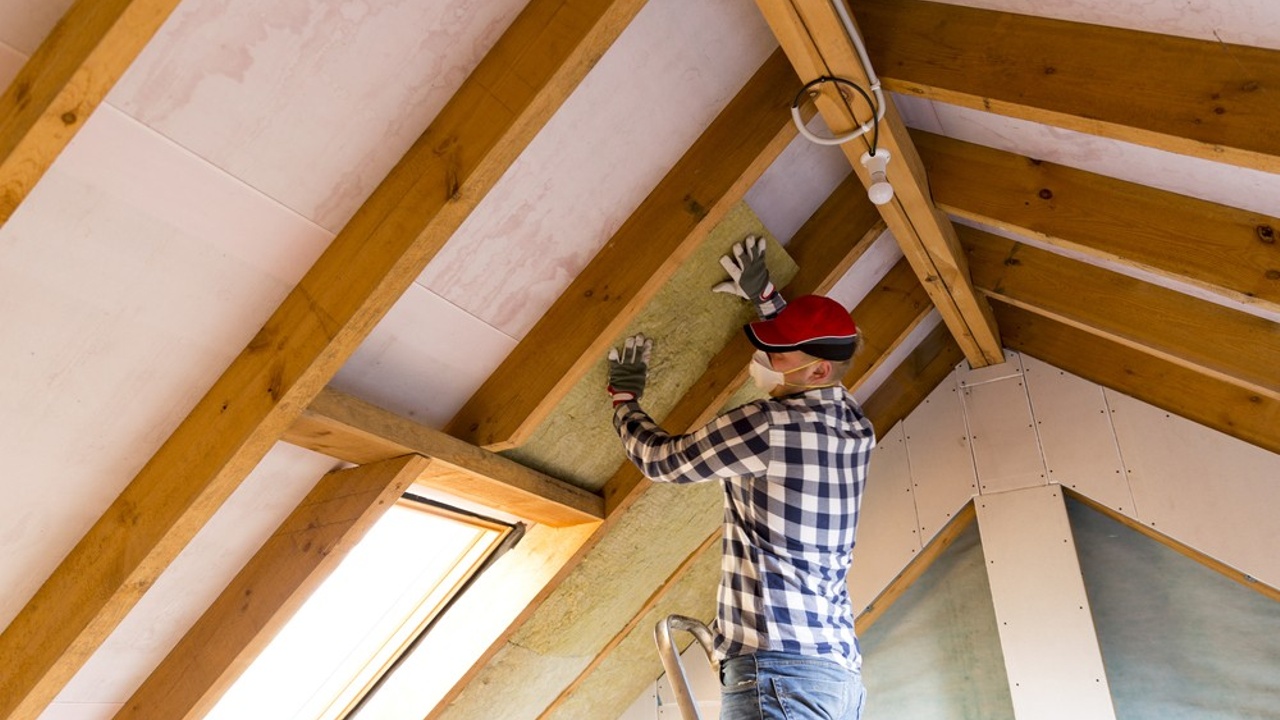
There are some organizations that are particularly close to my heart because they creatively tackle issues of Sustainable Wellbeing on multiple fronts. BUILD Inc. is one of these examples. They work towards long-term poverty reduction through skill development and employment while also working on green housing initiatives. It is beautiful and brilliant!
BUILD Inc. is a social enterprise non-profit contractor and training program that is based in Manitoba. BUILD, which is an acronym for Building Urban Industries for Local Development, aims to improve the sustainability of Manitoba public housing units through water and insulation retrofits.
Some of the services provided by BUILD include:
- Water saving retrofits
- Drain water heat recovery (which consists of using the heat from your shower water to heat your hot water tank)
- General plumbing work
- Maintenance (including simple repairs such as patching up holes and repainting, as well as deep refreshes of units)
- Cabinetry
- Insulation ...
Restoring Musical Instruments

It is quite possible that throughout the course of your life you have accumulated at least one, if not multiple, musical instruments that you no longer have a use for. It might be an instrument that you played when you were younger, one that was passed down to you or one that needs some repair. Perhaps you’ve picked up an instrument as a hobby and lost interest, are a musician who has cycled through instruments over the years, or maybe you know someone else who no longer has a use for the instruments they have acquired.
Whatever the case, deciding what to do with an unused instrument can be difficult. While many may choose to simply throw away their instruments, especially if they are broken, there are other options that not only benefit the environment, but other people as well!
Embodied energy
When deciding on what to do with your old or broken musical instrument, it is important to think about its embodied energy. Embodied energy is the sum of all the energy that is required in o...
Co-op Business Model
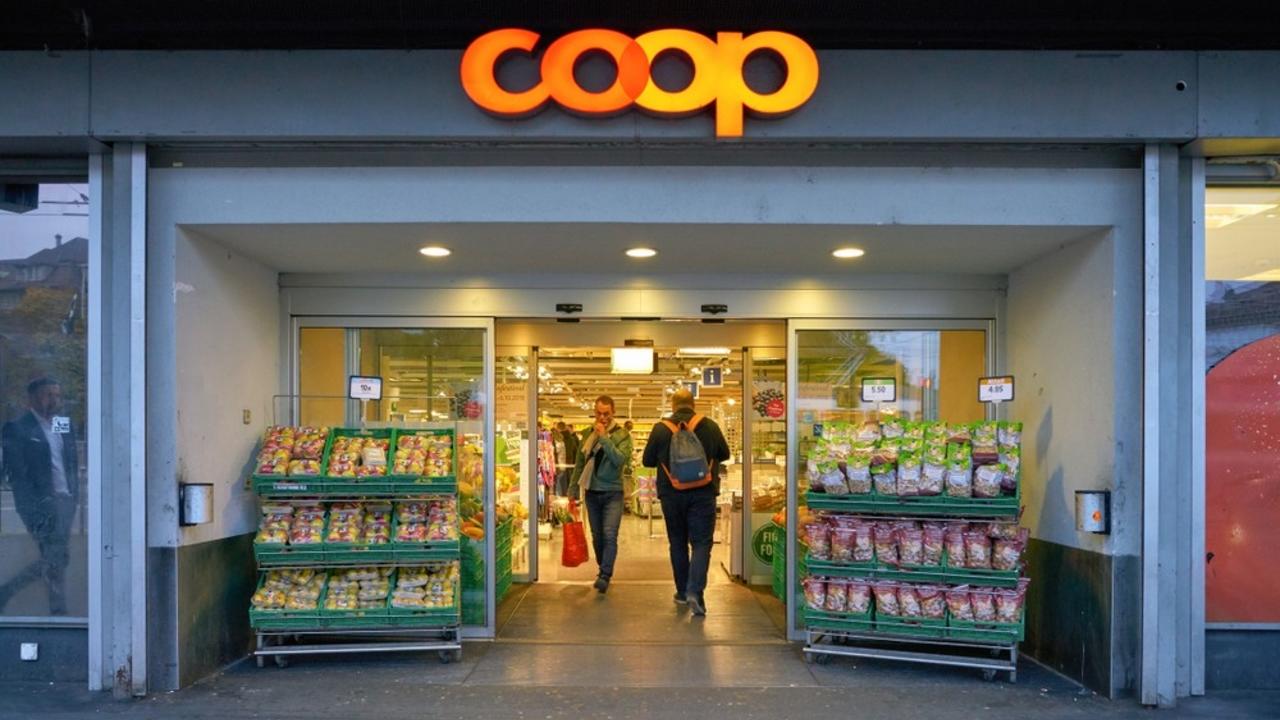
Do you have a Co-op near you? Perhaps it is a grocery store or gas station or maybe a clothing retailer. Have you ever thought about the name Co-op and how it means that this business is different from others in its sector? It does things differently because it bases decisions on not just the economics, but also on what serves its membership, community and workers best. Perhaps that Co-op business model is worth a closer look!
A co-op, otherwise known as a co-operative, is defined by the International Co-operative Alliance as an
“autonomous association of persons united voluntarily to meet their common economic, social, and cultural needs and aspirations through a jointly owned and democratically-controlled enterprise.”
Co-operatives are businesses which are community-focused instead of profit-focused. Although there is still a need to make a profit in order to stay afloat, decisions that are made within co-operatives seek to balance the need for profit with the needs of their membe...
B Corp Certification
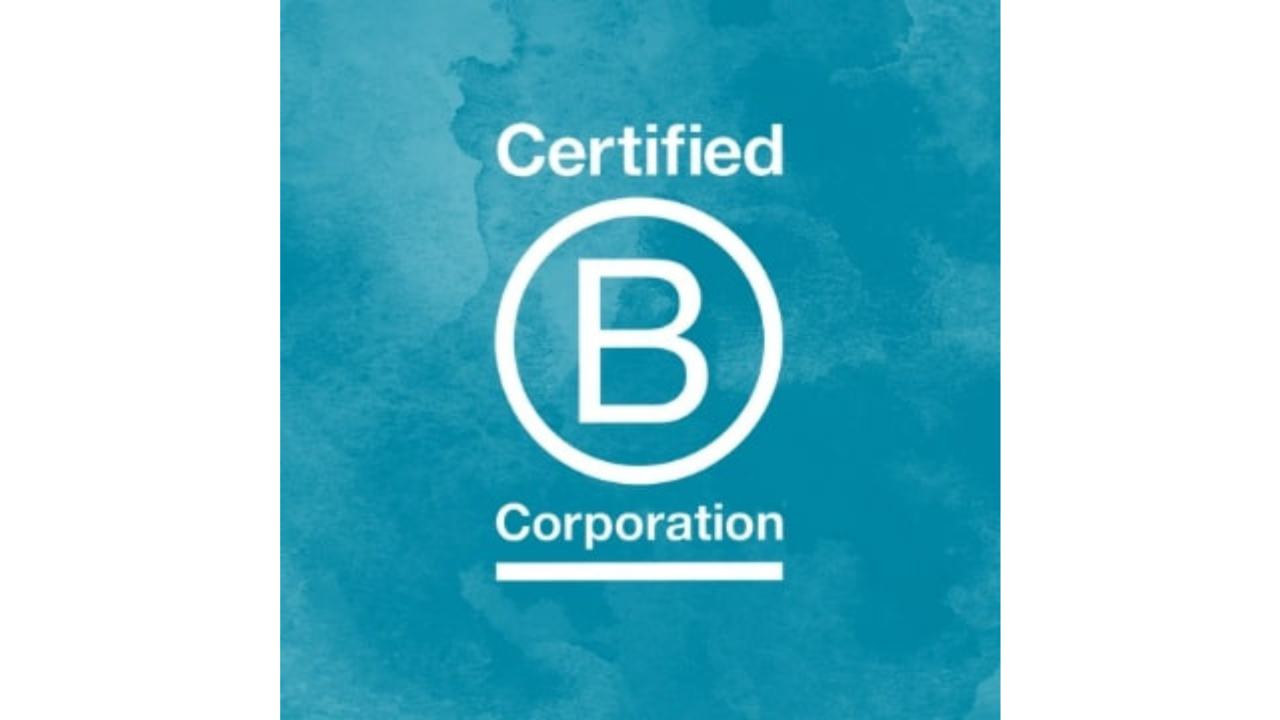
Image courtesy of Danone.com
Business owners often seem to face the dilemma of choosing between making a profit and making a positive social and environmental impact. What if there was a way that you could make money while doing good? It is possible to achieve your financial goals while adhering to your values! Corporations are being recognized for doing just that and becoming B Corp Certified!
What are B corporations?
B Corporations, also referred to as B Corps, are corporations that are dedicated to improving their social and environmental performance. B Lab, the non-profit behind B Corps, defines certified B corporations as
“businesses that meet the highest standards of verified social and environmental performance, public transparency, and legal accountability to balance profit and purpose. B Corps are accelerating a global culture shift to redefine success in business and build a more inclusive and sustainable economy.”
In order to become a B Corp, companies must undergo a c...
Ubuntu
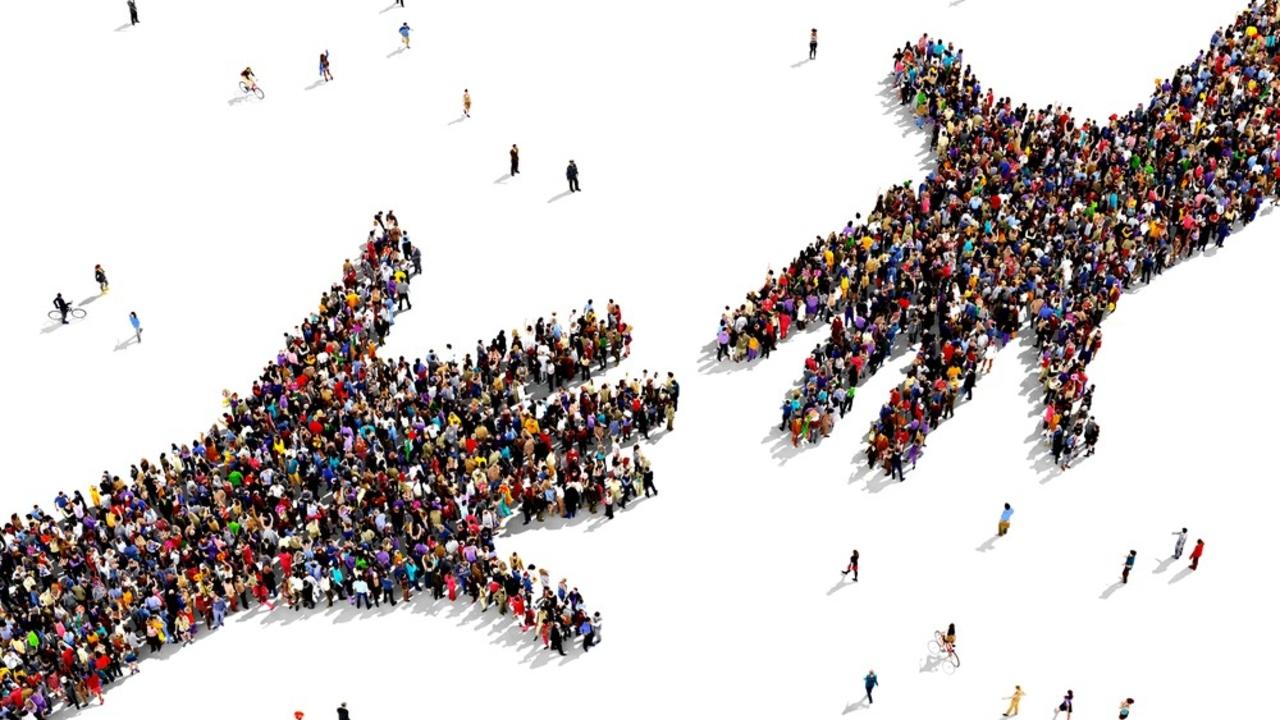
Ubuntu is a term that originates from a Nguni Bantu language spoken in Sub-Saharan Africa. In its most simple form, ubuntu can be translated to the English word “humanity.” This translation, however, doesn’t do the term justice, as it can also be translated to the more complex expressions “I am because we are” and “humanity towards others.”
Ubuntu is more than a simple word or phrase. It also has philosophical associations, as Ubuntuism was accepted in Southern Africa in the 1980s and 1990s as a kind of humanist philosophy. In this context, Ubuntu means “the belief in a universal bond of sharing that connects all humanity.”
As you may be able to gather from the definitions and translations provided above, Ubuntu is about togetherness and sharing the burden of our actions and their impacts. Despite how it may feel at times, we are not alone in this world. Our existence is shared and our actions, whether they are positive or negative, impact us all.
This concept of humanity as a singl...
Rights of Future Generations
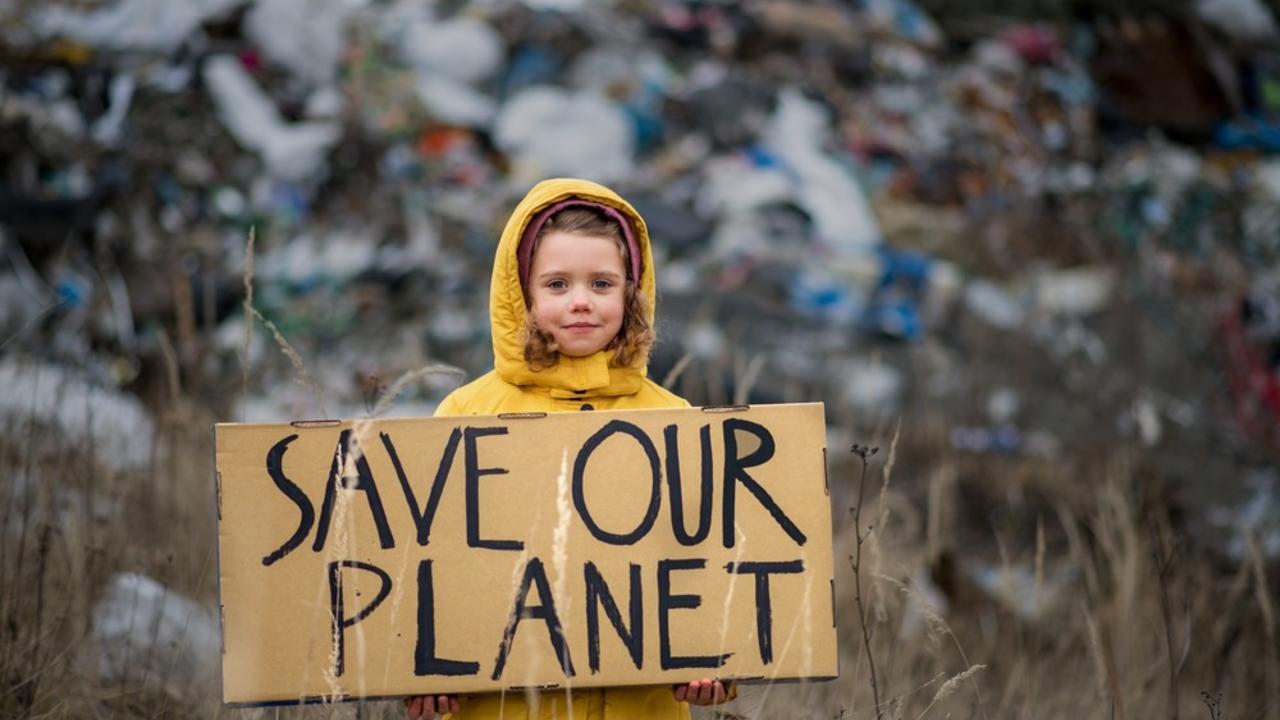
The interests of future generations are often on our minds when we think about lasting environmental damage. But wouldn’t it be amazing if we actually followed through and held our governments to account when it comes to protecting natural resources for future generations? Well, this is what brave children are now demanding all around the world. And guess what? It is gaining traction!
Discussions surrounding environmental sustainability often mention the protection of resources, preservation of biodiversity and ecosystems, as well as environmental restoration. These goals ensure that not only present generations are provided for, but that future generations will be able to survive and thrive as well. This sentiment is expressed in the 1987 Brundtland Report which defines sustainable development as “development that meets the needs of the present without compromising the ability of future generations to meet their own needs”
The current climate change crisis threatens future generatio...
Green and Just Recovery

There is no denying that the COVID-19 pandemic has had a significant impact on our lives. With the worrying rates of infection, mask requirements, social distancing measures, at-home offices, and the many more changes that we have had to make in our daily lives, it is not surprising to hear people wishing for things to get back to “normal.” After all, life during the COVID-19 pandemic has proven to be quite difficult - despite being able to wear pajama pants during your Zoom conference calls! However, the pandemic has brought to the forefront the serious issues of racial injustice that we have in our systems.
While many people may have this thought of wanting to return to some sense of normalcy, it is important to realize that returning to the ways things were is really not what we want, considering the environmental crisis and social inequalities that are a part of our “before”. Instead of only focusing solely on rebuilding the economy, we must strive for a future that is both green ...
LifeStraw

Photo credit: LifeStraw
Turning on the tap and being able to access safe and drinkable water is a privilege that some of us may not realize we have. Despite the fact that having access to sufficient, safe, acceptable, accessible, and affordable water for personal and domestic use has been declared a human right by the United Nations, many people are living without this essential need being met. LifeStraw is a brand that works to make clean water accessible for all through their water filtration and purification devices. LifeStraw water filters are designed by Vestergaard Fransen, a Swiss company that manufactures public health tools in developing countries. The filters were originally developed in 1994 when LifeStraw partnered with the Carter Center to design a mesh filter that would remove Guinea worm larvae from drinking water. Guinea worm disease is a parasitic infection that is transmitted through water and causes the host excruciating pain. At the time of the partnership between ...
Social Enterprises

Beyond the “bottom line”
Social enterprises are organizations that have two main goals: to earn revenue; and to achieve social and environmental wellbeing. Social enterprises can either be non-profit or for-profit. While social enterprises may look like traditional businesses, responding to social issues is a substantial part of their objectives, while reaching financial goals often comes secondary. This sets them apart from traditional businesses. The main purpose of a social enterprise is to make social change, whether that be by working with younger generations, raising funds for people in need, or selling fair trade products.
According to the Social Enterprise Council of Canada, “Social enterprises are community-based businesses that sell goods or services in the marketplace to achieve a social, cultural and/or environmental purpose; they reinvest their profits to maximize their social mission.”
A new approach
Social enterprise is a new business model that goes beyond simply do...

